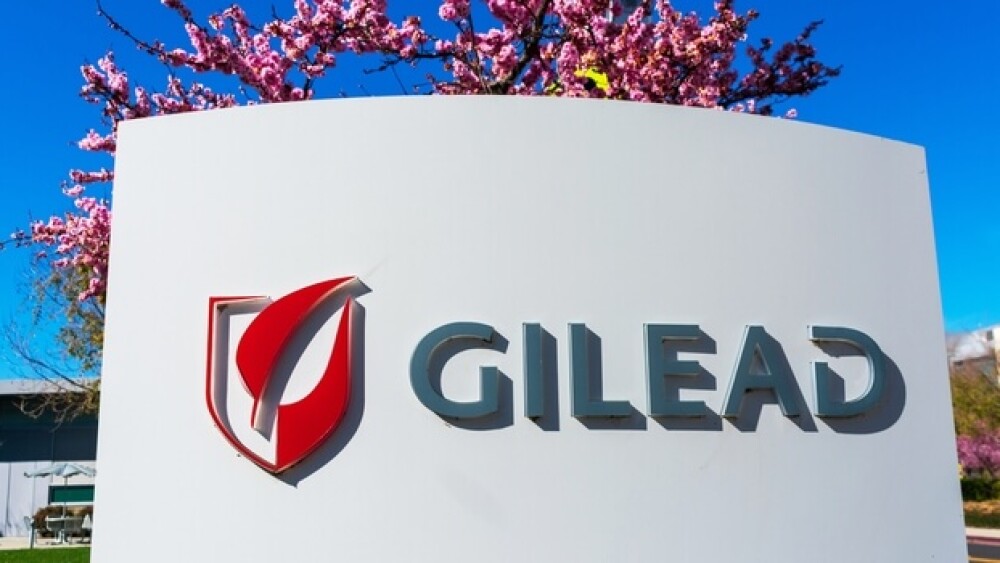Gilead has announced they are pulling cancer drug Zydelig (idelalisib) off the market for certain types of cancer after failing to complete follow-up clinical trials to confirm efficacy and safety.
Michael Vi / Shutterstock
Gilead Sciences Inc., based in Foster City, CA, has announced they are pulling cancer drug Zydelig (idelalisib) off the market for certain types of cancer after failing to complete follow-up clinical trials to confirm efficacy and safety.
Gilead secured Zydelig when it acquired Calistoga Pharmaceuticals Inc. in 2011. The drug received accelerated approval in 2014 from the U.S. Food and Drug Administration (FDA) to treat relapsed follicular B-cell non-Hodgkin Lymphoma (FL) and relapsed small lymphocytic leukemia (SLL). This accelerated approval was based on a Phase II study in which 54% of patients with FL and 58% of patients with SLL treated with Zydelig had objective responses showing the drug’s efficacy.
The FDA’s accelerated approval program allows earlier approval of certain drugs that the regulator believes could fill an unmet medical need and should be brought to the market sooner. Since the program’s inception more than 30 years ago, more than 150 cancer-related drugs have received accelerated approval, with about half of those drugs receiving full approval within three years. Continued approval from the FDA is contingent upon the receipt of supportive evidence that the drug provides a clinical benefit and is safe to use.
Gilead has failed to complete the mandatory follow-up clinical trials in the two indications, despite reporting more than $800 million in sales for the drug. The company stated that it has been difficult to complete enrollment in these studies as “the treatment landscape for FL and SLL has evolved.”
Patients with blood cancers have several treatment options, some of which are widely effective with known side effects and safety and efficacy information readily available. For example, Imbruvica (ibrutinib), developed by Pharmacyclics and marketed by Johnson and Johnson’s Janssen unit, received approval from the FDA in 2016 and is used to treat SLL, chronic lymphocytic leukemia (CLL) and other types of cancers. Patients may choose to take a drug like Imbruvica with full FDA approval over the choice to enroll in a clinical trial where they may receive a placebo.
Zydelig will still be available in the U.S. for patients with CLL and it will remain on the market for CLL, SLL and FL in the European Union, United Kingdom, Canada, Australia, New Zealand and Switzerland, although sales are expected to fall. The drug works by blocking PI3K delta, a protein that contributes to the growth of blood cancers.
Despite this voluntary withdrawal, Gilead is robustly pursuing other cancer therapies, having bought cancer cell therapy companies Kite Pharma in 2017 and Immunomedics, Inc. in 2020. With the latter acquisition, Gilead came into possession of breast cancer drug Trodelvy (sacituzumab govitecan-hziy), an antibody-drug conjugate (ADC) that works by using an antibody to locate Trop-2, an overexpressed protein in cancers, and then using a linker to connect an anti-cancer drug to the antibody. Results of a clinical trial using the therapeutic are expected to be available Q1 2022, and according to Chairman and CEO Daniel O’Day, Gilead will be assessing the drug in seven late-stage studies this year for various cancers.
Featured Jobs on BioSpace





